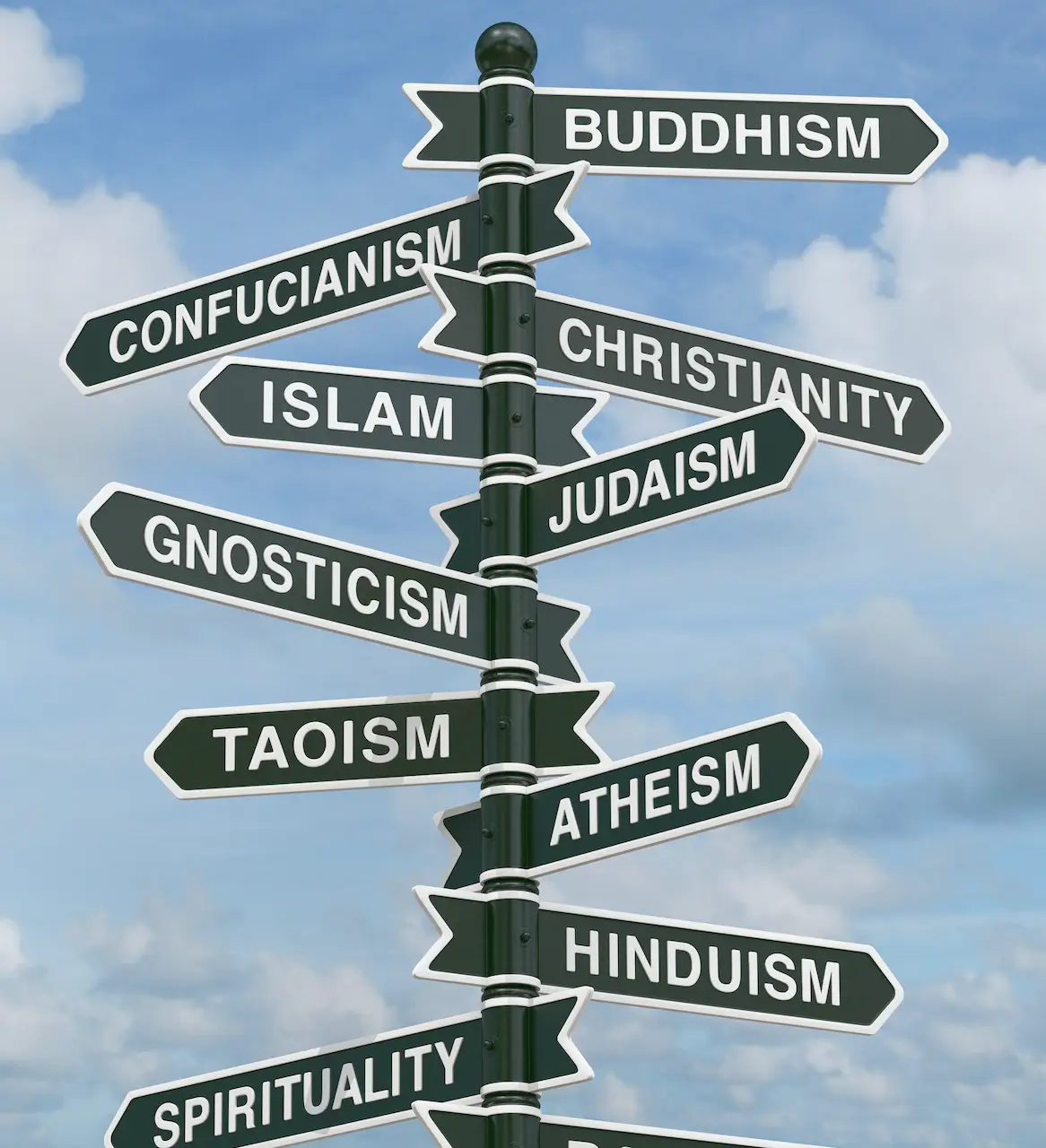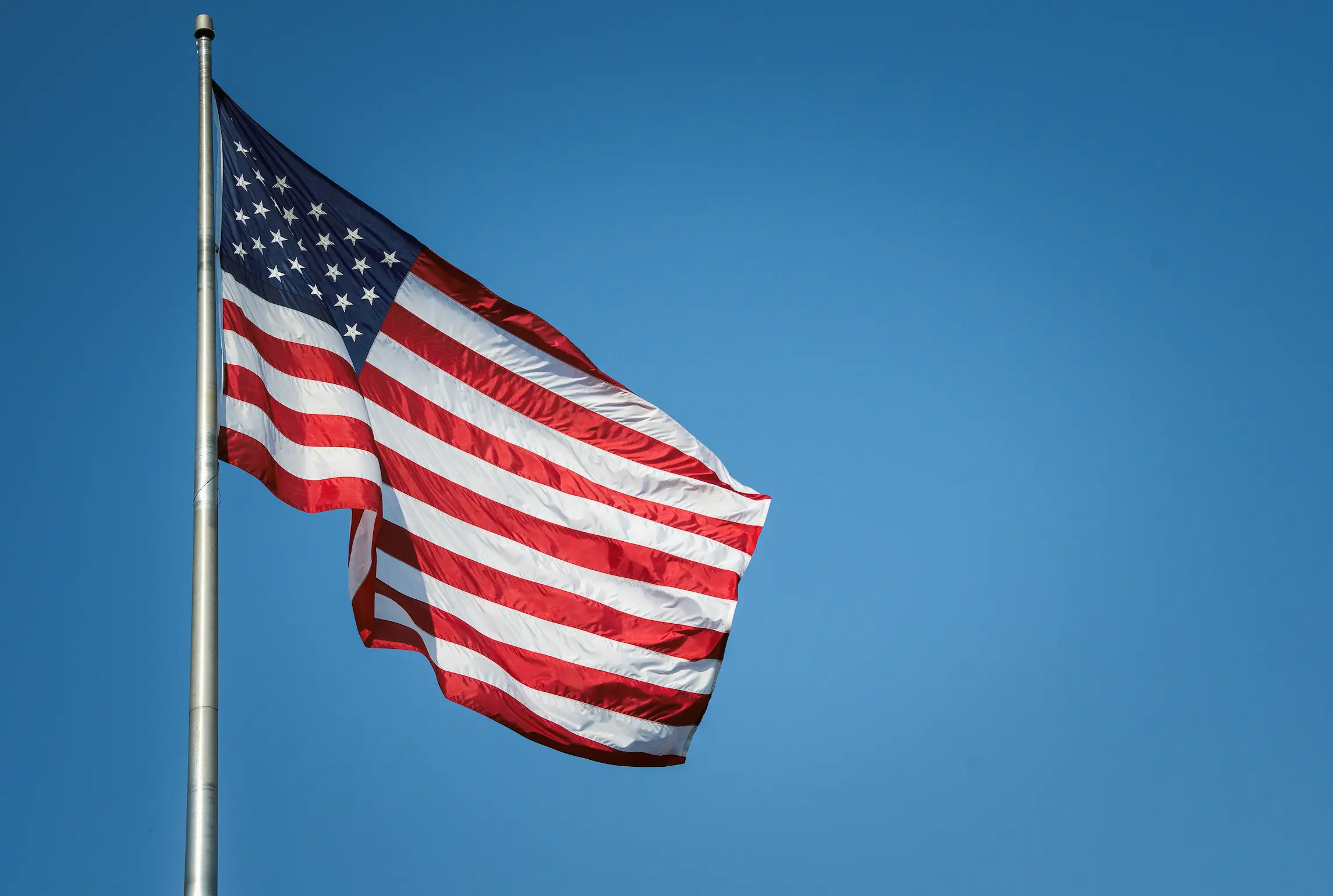
A Think Tank has revealed the shocking changing trends regarding religion among people in the US.
While the US is made up of people from all over the world holding beliefs from the most popular religions to the obscure, new data has suggested that people are moving away from established religion.
According to a study conducted on 3,300 Americans by Pew Research, those that are religiously unaffiliated are now the largest single group in the country.
This group - dubbed the Nones - is made up of atheists (those that don’t believe in God), agnostics (those who believe that nothing is known or can be known regarding the existence of God) and those who say their religion is ‘nothing in particular’.
Advert

This group made up 28 percent, as they checked the ‘none’ box when asked about their religious affiliation.
They're more prevalent among American adults than Catholics (23 percent) or evangelical Protestants (24 percent).
This number has increased significantly over recent years, given the fact that back in 2007 the Nones made up just 16 percent of Americans.
Despite the presumption of a unite front on their lack of religious belief, though, the Nones group can be very different from one another.

Pew asked respondents what - if anything - do they believe in, and surprisingly most Nones said they do believe in God or another higher power but very few of them attend any kind of religious service.
They are also split on their opinion of religion as most Nones said they believe religion does some harm, but many also think it does some good, too.
The majority of the group also have a positive view on science, especially compared to those who consider themselves religiously affiliated.
Despite this, many have rejected the idea that science can explain everything.
This growing trend has already got experts discussing what it could mean for the political future of the US.

Gregory Smith, the lead researcher for the study entitled 'Religious 'Nones' in America: Who They Are and What They Believe', said: “We know politically for example, that religious Nones are very distinctive. They are among the most strongly and consistently liberal and Democratic constituencies in the United States."
However, the Nones are also less civically engaged overall, meaning they're less likely to actually exercise their vote.
While current politicians often appeal to religious bases, a shift away from religious affiliation could see politicians assess this tactic in the future.